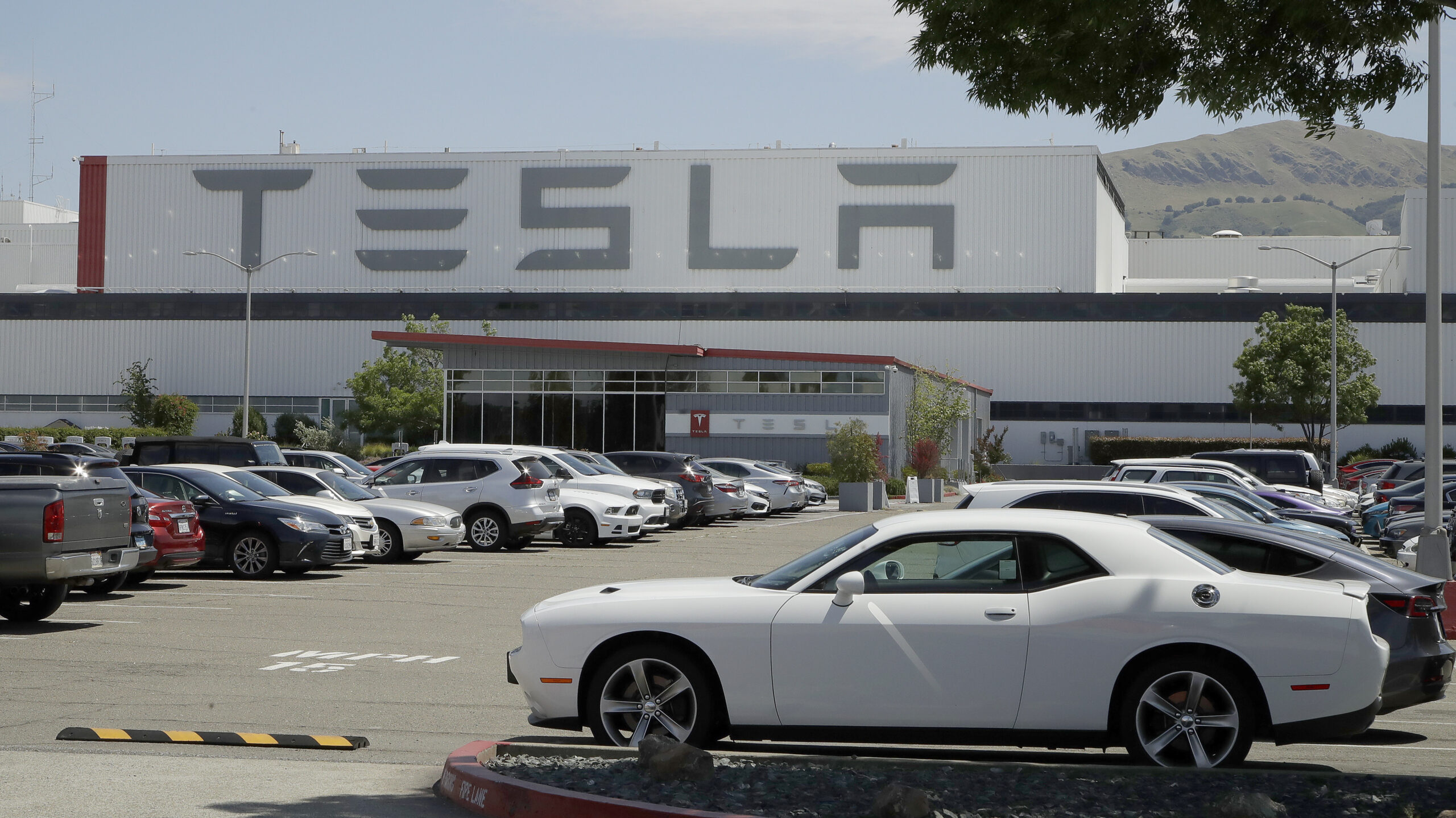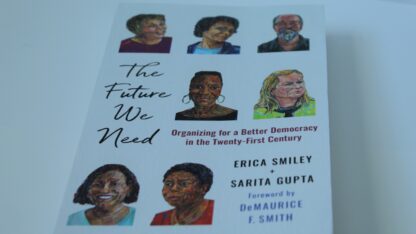Before David Williams approaches his fellow Dollar General workers in New Orleans to talk about organizing, he knows the first thing they’ll ask: Are you a union?
He answers with a flat no.
“Once the word union is…out of the way, that’s when we all get together and come up with a plan and figure out how… to fight this,” Williams said.
Dollar stores have expanded across the country and complaints about work conditions and safety have grown with them. Over the past year, workers have been organizing, protesting and striking for better workplaces — fired up by a labor movement that’s led to big union victories at places like Starbucks and Amazon.
But Dollar General workers in Louisiana hope to make change without unionizing. Unions require winning elections and negotiations, which can drag on for years. The word can also be a non-starter when recruiting support, especially in places like the South — a region that’s historically skeptical of unions.
Labor experts say this approach is actually healthy for the labor movement — better to have different groups with separate tactics pushing for workers’ rights than relying just on collective bargaining.
“The flexibility that comes with not being a union is a really valuable tool,” Mary Anne Trasciatti, the director of labor studies at Hofstra University, said.
A dollar raise isn’t enough
About five years ago, Anthony Jackson was attending Southeastern Louisiana University online and found himself in a typical spot for a college student — his financial aid was running low and he needed to find a job.
He found work at a Dollar General in New Orleans, enticed by what he believed would be an easy job stocking shelves and running the cash register. But after being hired, he said he got a “rude awakening.”
Beyond the bathroom and air conditioning system rarely working, he said the job was dangerous. He said one time when he tried to stop someone from shoplifting underwear the customer lifted his shirt and flashed a gun.
“I was very unhappy,” Jackson said. “That’s what motivated me to get my behind back in school and graduate because I saw as a young person this is not going to be a bright future.”
In an emailed statement, Dollar General said it provides, “employees with the opportunity to develop and grow their careers and strive to ensure a safe, comfortable work environment.”
Other low-wage jobs like McDonald’s have been raising wages to around $15 an hour in response to worker demands and a tight labor market. Dollar stores have also raised wages, but Williams said the one dollar increase he received to $9.25 an hour is not enough.
“It’s pretty much a slap in the face,” Jackson said.
Dollar General continues to grow but faces protests
Concerns about safety, rodent infestations and low pay have followed dollar stores as they’ve continued growing. Dollar General predicts a net sales growth of 10.5% this year and plans to open 1,100 new stores by the end of its fiscal year.
In the face of all that growth, workers are protesting. Around 100 protesters gathered outside a Dollar General shareholder meeting in Goodlettsville, Tennessee, last May.
Most of them came with the organization Step Up Louisiana. Jackson has been training as an organizer with the group, specifically to work with dollar store workers.
Yet the group is careful to clarify that it’s not a union. It has been organizing workers and supporting unions, but doesn’t see unionizing as the best way to improve dollar stores.
“We’re not a union,” Jackson said. “I don’t know if we ever will be but I do know we have momentum right now.”
The labor movement is becoming more eclectic
Unions do have one big advantage over other labor groups — collective bargaining. Once unions agree to unionize, employers are required by law to negotiate with the union in good faith. However, getting to that point means winning an election, which can take years.
As long as there has been a labor movement, there have been plenty of groups pushing for workers’ rights without relying on unionizing.
Some labor experts believe the 1935 National Labor Relations Act, which put legal protections around collective bargaining, led to the labor movement relying too much on unionizing.
“The labor movement is becoming more eclectic again,” Cedric de Leon, a professor of sociology at the University of Massachusetts Amherst’s Labor Center, said.
Alternative labor groups can rely on other tactics, including petitions, pressuring politicians and protesting — like the demonstration outside Dollar General shareholder meeting.
Going to the media achieved results
They can also go directly to the media. Kenya Slaughter, a lead sales associate at a Dollar General store in Alexandria, Louisiana, did just that.
During the early days of the COVID-19 pandemic, Step-Up Louisiana helped Slaughter get in touch with the New York Times, which published an opinion piece she wrote. Slaughter called out Dollar General for not providing protective equipment, such as masks and plexiglass. Shortly after Slaughter’s story was published, Dollar General sent equipment to stores.
“(I) did not need a union to get that done and it got gone expeditiously,” Slaughter said. “I had all types of people calling my phone trying to see what they can do.”
Slaughter is not against unions — like the Step Up Louisiana group, she supports them. But for her, a union is a tool, not an end goal.
“Ultimately, I just want what’s right,” Slaughter said. “I want workers making at least $15 an hour coming in.”
This story was produced by the Gulf States Newsroom, a collaboration among Mississippi Public Broadcasting, WBHM in Alabama and WWNO and WRKF in Louisiana and NPR.
Copyright 2022 NPR. To see more, visit https://www.npr.org.
9(MDAxODM0MDY4MDEyMTY4NDA3MzI3YjkzMw004))

9(MDAxODM0MDY4MDEyMTY4NDA3MzI3YjkzMw004))








